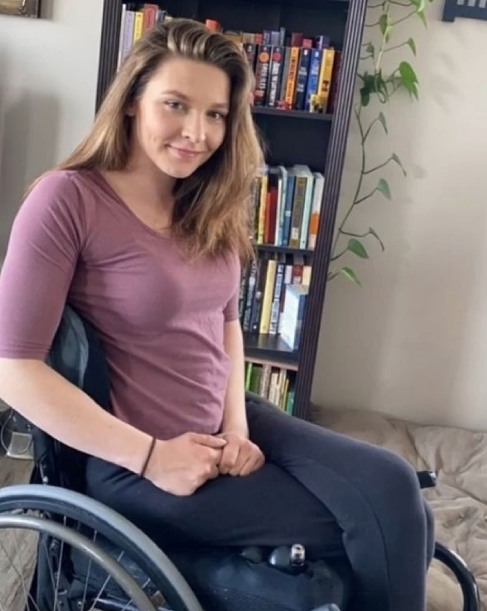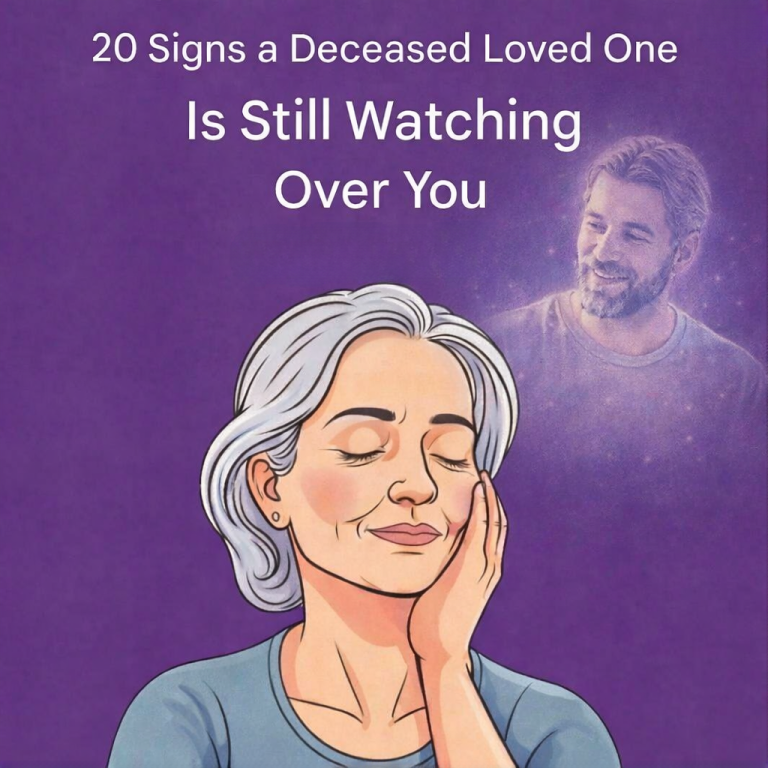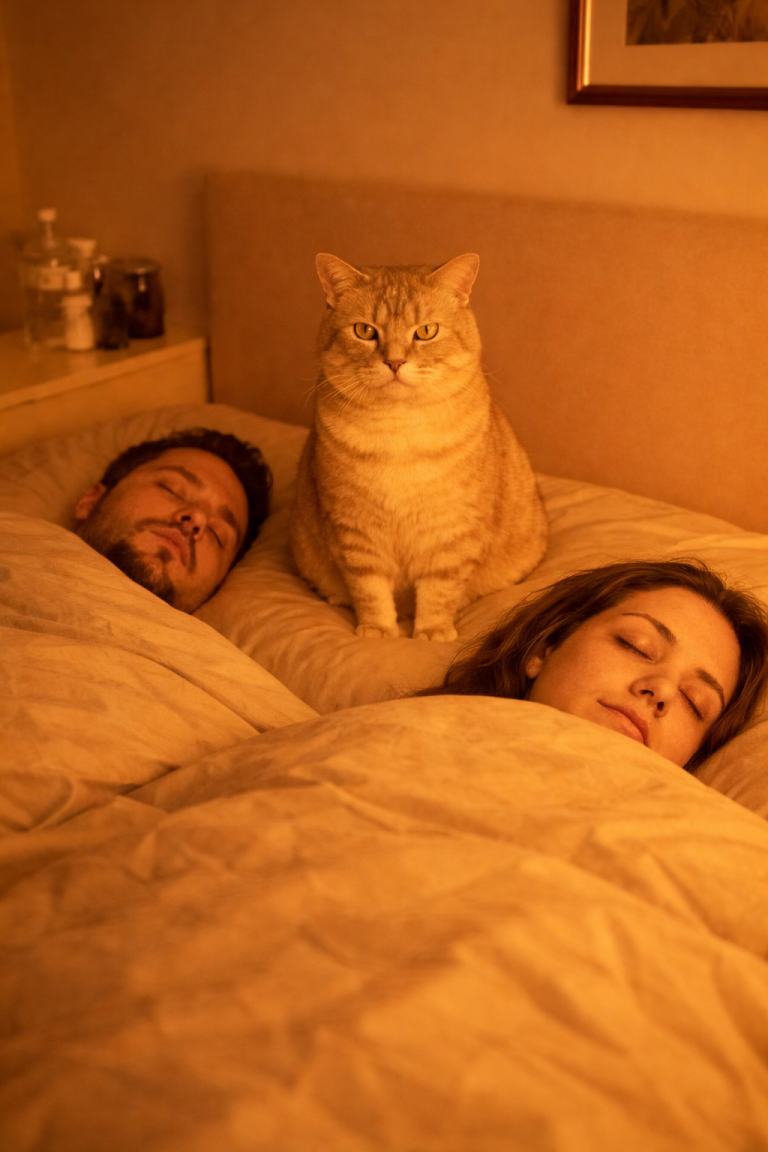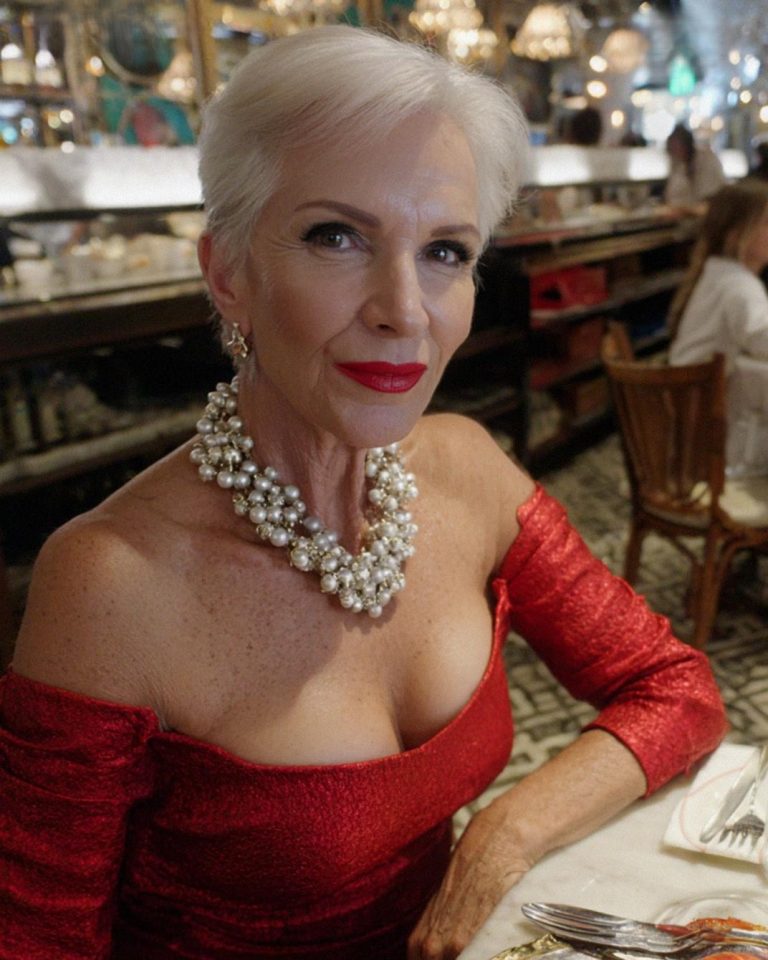
When the doctor said, “You’ll never walk again,” I didn’t cry. I just nodded, like I was hearing the weather report: permanent paralysis.
I didn’t want sympathy or food deliveries. What I wanted was room to grieve something deeper than movement or freedom.
The hospital offered part-time help. I refused, insisting, “I’ve got this.”
But I didn’t.
The kitchen felt like a maze. Showers became battles. I dropped a spoon and gave up.
Then Saara appeared.
I expected someone older and softer. Instead, she was confident and no-nonsense, like she belonged there. At first, I disliked her. No small talk, no smiles—just help, leave, repeat.
Gradually, things changed. She made bad jokes, and I pretended not to laugh. I saved newspaper clippings to show her because I wanted reasons to make her stay a little longer.
One rainy afternoon, I broke.
I yelled at her when she tried to help me dress, frustrated by the body I no longer recognized. “Just go! I don’t need you!”
She didn’t flinch. She simply said, “Then I’ll sit in the kitchen until you do.”
That night, for the first time, I didn’t feel abandoned.
Days turned into weeks, and Saara slowly shifted from being “the caregiver” to being the one person who didn’t tiptoe around my grief.
She challenged me. “If you can’t walk, then teach your hands to do what your legs can’t. Stop looking backward.”
It wasn’t cruelty—it was truth. And I hated her for it until I didn’t.
One morning, she wheeled me out to the park. It had been months since I’d seen the world beyond four walls. Children were laughing, leaves were falling, and I breathed in air that didn’t smell like antiseptic.
“See?” she said. “The world’s still moving. You can move with it. Just differently now.”
That night, I slept without tears.
Weeks later, she placed a small box on my lap. Inside was a camera, light and compact.
“Try it,” she said. “You have eyes that see differently now.”
Photography became my new legs. My lens traveled where I couldn’t, and through it, I began to live again.
I wasn’t walking, but I was moving forward.
And Saara—Saara wasn’t just my caregiver anymore. She was the reminder that healing isn’t about going back. It’s about finding the courage to go on.
Months passed, and with each passing day, the weight of loss began to feel a little lighter. Not because the pain vanished—it never truly does—but because Saara showed me how to carry it differently.
She had this way of pushing me past the edge of my own despair. When I said, “I can’t,” she replied, “Then do it anyway, just slower.”
I started small. Making my own coffee. Cooking one dish without her help. Learning how to adjust, fail, and try again.
The camera became my anchor. I began taking photos of everything—the sunlight hitting the kitchen counter, rain dripping off the balcony railing, strangers’ smiles in the park. Saara encouraged me to submit my work to a local gallery. I laughed at first, but she insisted.
To my surprise, they accepted.
The night of the exhibition, I wheeled into the room filled with my photographs hanging on white walls. People stood in front of them, discussing, admiring, even feeling something because of me. For the first time since my accident, I felt like I wasn’t just surviving—I was creating.
Saara stood by the entrance, arms crossed, a proud smirk on her face. “Told you so,” she whispered.
That was the beginning of my second life.
Years passed. Saara and I became inseparable—though we never called it friendship or family, it was something deeper, something unspoken. She wasn’t there out of duty anymore. She was there because she chose to be.
And I had learned that sometimes, the people we expect least become the very pillars we lean on.
One evening, as the sun dipped behind the horizon, I asked her, “Why did you stay? Why didn’t you leave when I pushed you away all those times?”
She thought for a long moment, then said softly, “Because I saw someone worth saving. And I knew, one day, you’d see it too.”
That night, I cried—not out of grief, but out of gratitude.
Today, when people ask me about my life before the accident, I smile. I tell them the truth:
“I lost my legs… but I found my strength. And I found Saara.”
Because in the end, it wasn’t about walking again. It was about learning how to live again. And thanks to her, I did.



